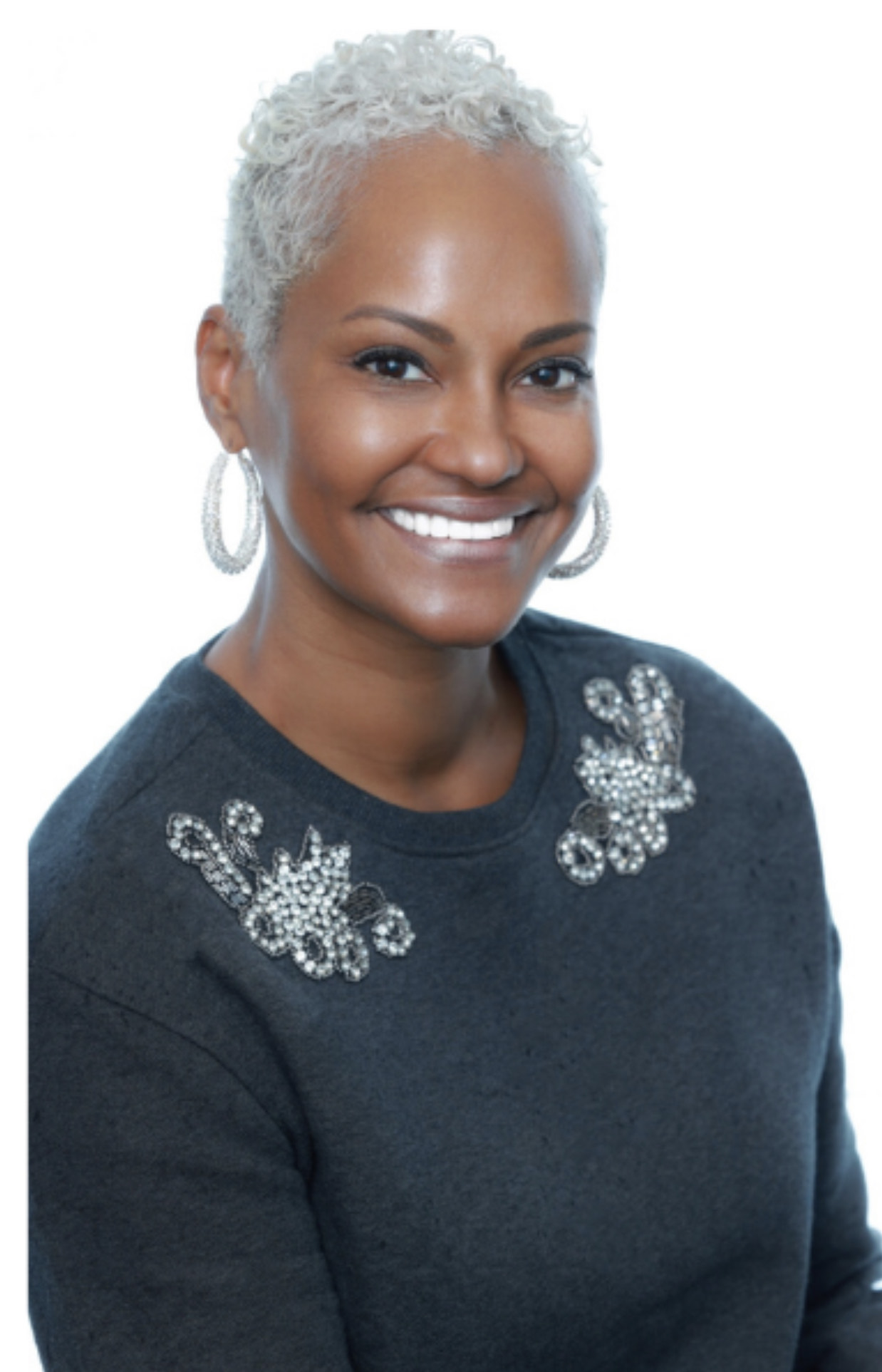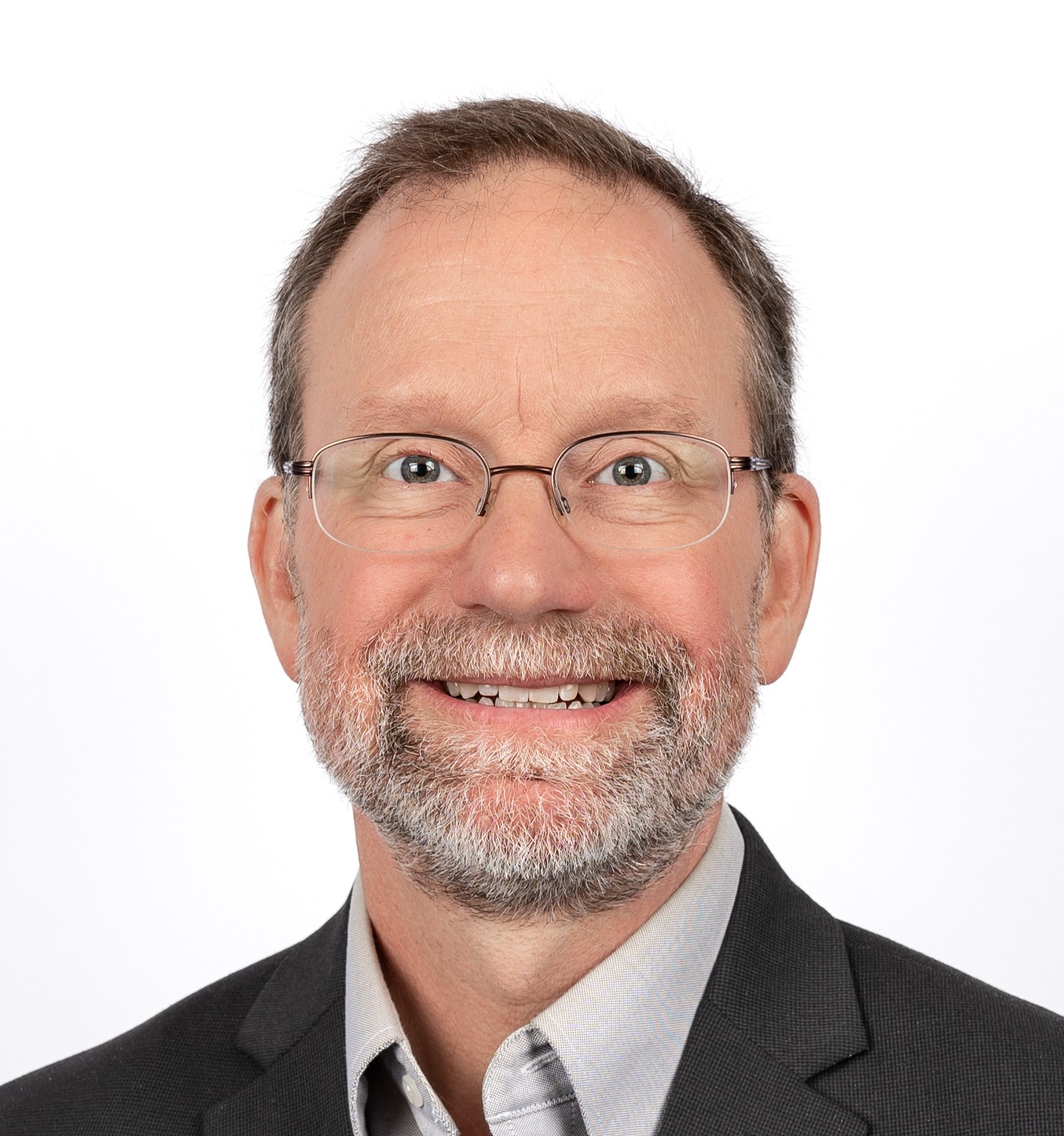Building a Culture of Inclusive Excellence
Cultural Fluency Associates LLP has been contracted to work with Jackson College to build a culture of inclusive excellence at the institution. This work will be conducted over a period of many months and will be performed in stages.
The term, inclusive excellence, captures the commitment to full and meaningful access and participation by everyone, with attention to those who experience particular and complex obstacles to the full benefits of Jackson College. Cultural Fluency Associates will guide the Jackson College community in defining and creating inclusive excellence within its environment.
About Cultural Fluency Associates
-
What It Involves
The work will occur in a series of interconnected and interdependent phases. Phase I begins with the Jan 9th Convocation in which the inclusive excellence work will be introduced to the College Community via keynote and breakout sessions. Phase I also includes an assessment of the College’s climate and culture from many perspectives. This will involve an online survey as well as in-person focus groups. Understanding the varying experiences of Jackson College is essential for the community to imagine an inclusive future state. We will also rely on existing data collected by the institution that can serve as benchmarking for measuring progress. The initial phase also involves training with college leaders. The President’s leadership team will engage in a series of group and individual sessions. The goal is to educate and train college leaders on a shared set of language and insights so that as inclusion efforts unfold, they are equipped to support success. Phase I concludes in April of 2024 with a series of campus-wide Inclusion Goal Identification sessions with participation by students, staff, faculty, and administration. The results of the assessment will be shared, discussed, and used to identify College Inclusion Goals.
There will be planning and some additional work with leadership during the summer of 2024. Phase II of our work with the broader College community will pick up in the fall of 2024. This phase will build on the assessment results with opportunities for the college community to prioritize inclusion goals and create unit-level action plans to begin the transformation of the college at the policy and practice levels. To make meaningful and grounded action plans requires a grounding in the foundational concepts that constitute the Social Justice approach – specifically how unintended exclusion is manifested and active inclusion achieved through equitable rather than equality-focused interventions. Hence, this phase will involve work with either divisions/departments or college personnel more broadly to prepare them to identify ways to interject more inclusive practices into their sphere of influence. It may be that there will be a desire for those beyond the leadership cohort to experience the powerfully enlightening benefits of the Intercultural Development Inventory (IDI).
The spring semester of 2025 will mark Phase III and will be a time of implementing transformational inclusion practices at both the individual and group levels as well as institutionally. Based on the needs and gaps revealed in the assessment results, sessions on building interpersonal intercultural proficiency and inclusive practices for group settings could be offered to identified individuals. More advanced sessions on skills such as allyship, potential bias in hiring processes, microaggressions, Race and whiteness, interrupting and engaging offensive language and behavior, are some of the topics that might be offered. This phase also allows the first opportunity to compare responses to standardized measures of belonging and connection reflected in existing College assessments, and as determined useful, to repeat some of the assessment components conducted one year earlier.
-
What We Do
Building a culture of inclusive excellence is the work of individual and institutional transformation; supporting people in growing into better versions of themselves and modifying processes, policies, and practices to be more inclusive. Such work requires an invitation that is respectful, compassionate and without judgment regarding the experiences and lessons we carry from our past and our incomplete learning with regards to how others experience the spaces we share.
We approach this work ready to facilitate learning, support expression, and foster confidence and competence. We educate, guide, and lead Jackson College into the future it defines and desires to build. While we have a notion of the path ahead, each trip is informed by, and made unique by, the traveler themselves, so legs of the journey will be customized as the road unfolds.
Our approach for individual transformation recognizes the developmental nature of growth in this arena and utilizes a multi-pronged approach so that insights might be practiced as they emerge and that sustained attention might be applied to the endeavor. We utilize and leverage the benefits of both the Intercultural Development approach including the Intercultural Development Inventory (IDI) as well as material drawn from the Social Justice approach.
The Intercultural Development Model describes the five fundamental ways people engage across differences and the impacts of each. The Intercultural Development Inventory (IDI) is a well-respected online assessment tool for measuring an individual’s default approach for engaging across cultural differences. It has been shown through research to be reliable and cross-culturally valid. Through a 1:1 conversation, an understanding of one’s default approach for engaging across differences is paired with strategies for expanding the variety of ways one engages. Individuals learn to see the contrast between how they desire to show up and how others are likely to experience them.
The material from the Social Justice approach provides an understanding of the ways that privilege is derived and conveyed and oppression experienced. It also explores how our notions of equality and equity are reflected in our policies, practices, and organizational norms. Together, this material serves as a way for anyone, but particularly those from the dominant culture, to recognize how exclusion may be unintentionally built into policies, practices, and personal behaviors.
Institutional transformation occurs as norms of active inclusion in policy, practice and process take hold. This work relies on the individual and collective capacity to “see” things in ways that were previously missed and to have the tools for evaluating and then modifying potentially exclusionary ways of operating.
-
Who We Are
Arlene Garcia, EdD, LCSW
Dr. Arlene Garcia is a cultural fluency educator and clinical social worker. Her work in these areas spans over 15 years and centers on supporting individuals, communities, and organizations in their unique and transformative intercultural journeys.
Dr. Garcia is also the co-founder of the Connecticut based advocacy group RACCE (Radical Advocates for Cross-Cultural Education). Her leadership and work with RACCE centers on the achievement of institutional and macro-level equitable educational practices.
As a clinical social worker, Dr. Garcia is seasoned in her healing work with minoritized and marginalized populations. She is experienced in client-centered and trauma-informed approaches to individual therapy that bears witness to varied experiences with power and privilege.
Her professional experience also extends to the academic arena where she has held various titles including Department Chairperson, Program Director, Assistant Professor, and Adjunct Professor. Her academic experience includes program development, accreditation preparation, and service on academic and community-based committees.

Kevin Skwira-Brown, MSW, LGSW
As a founding partner and full-time trainer/consultant with Cultural Fluency Associates LLP, Kevin develops, presents, and facilitates diversity, inclusion and cultural development work with individuals and organizations striving to live in line with their values and mission.
Kevin has experience providing direct social services, teaching at the collegiate level, as well as grassroots, multicultural community organizing. For the past 15 years he has combined his commitment to justice, his knowledge of dynamics of privilege and oppression, and his skills in listening, facilitating, and teaching, to provide transformational DEI training and consulting.
Clients include Colleges/Universities, City and County government, foundations, non-profits, schools, and religious organizations. His community work was highlighted in the PBS special, Our Kids: Narrowing the Opportunity Gap which premiered in 2019.






